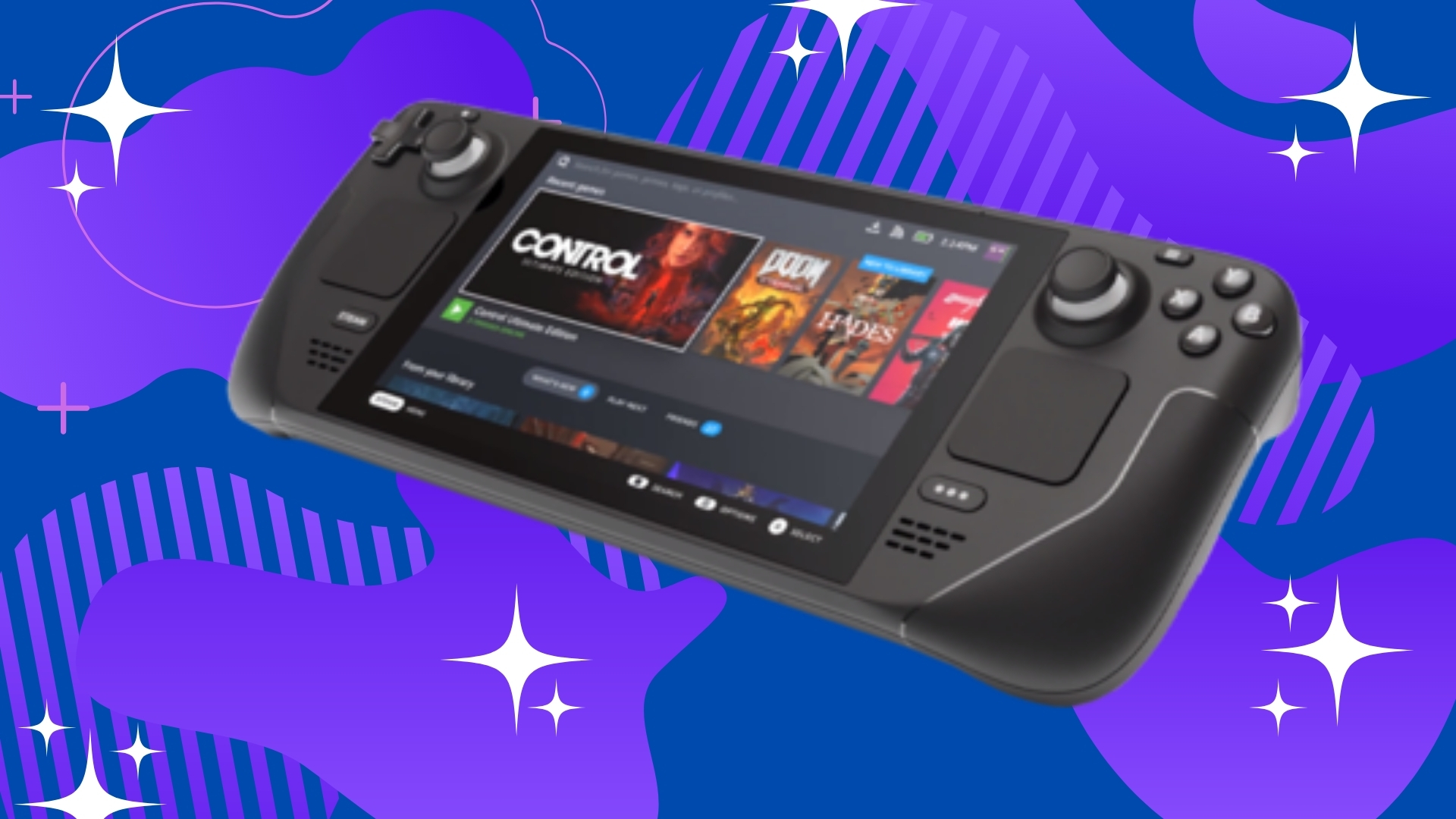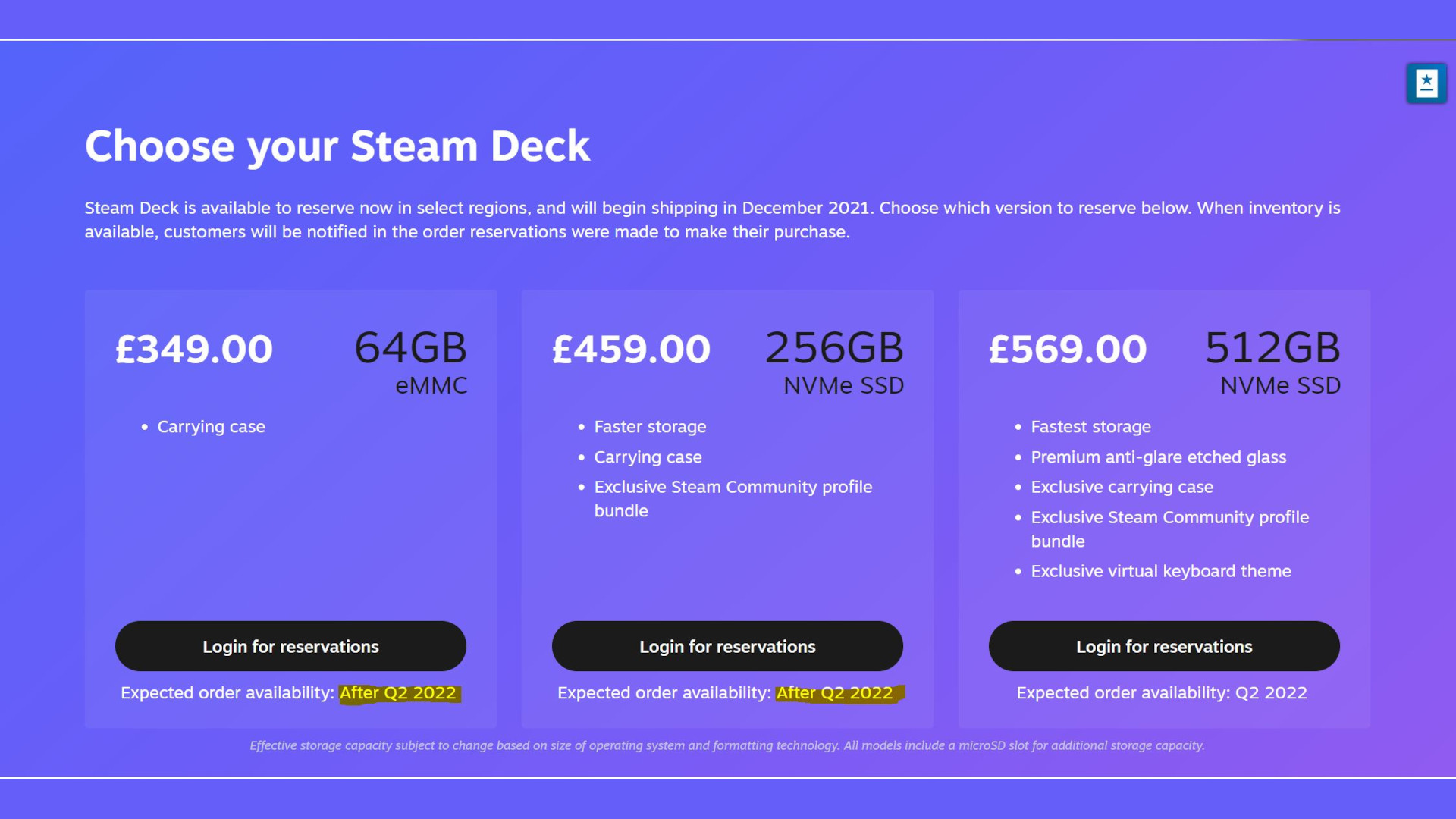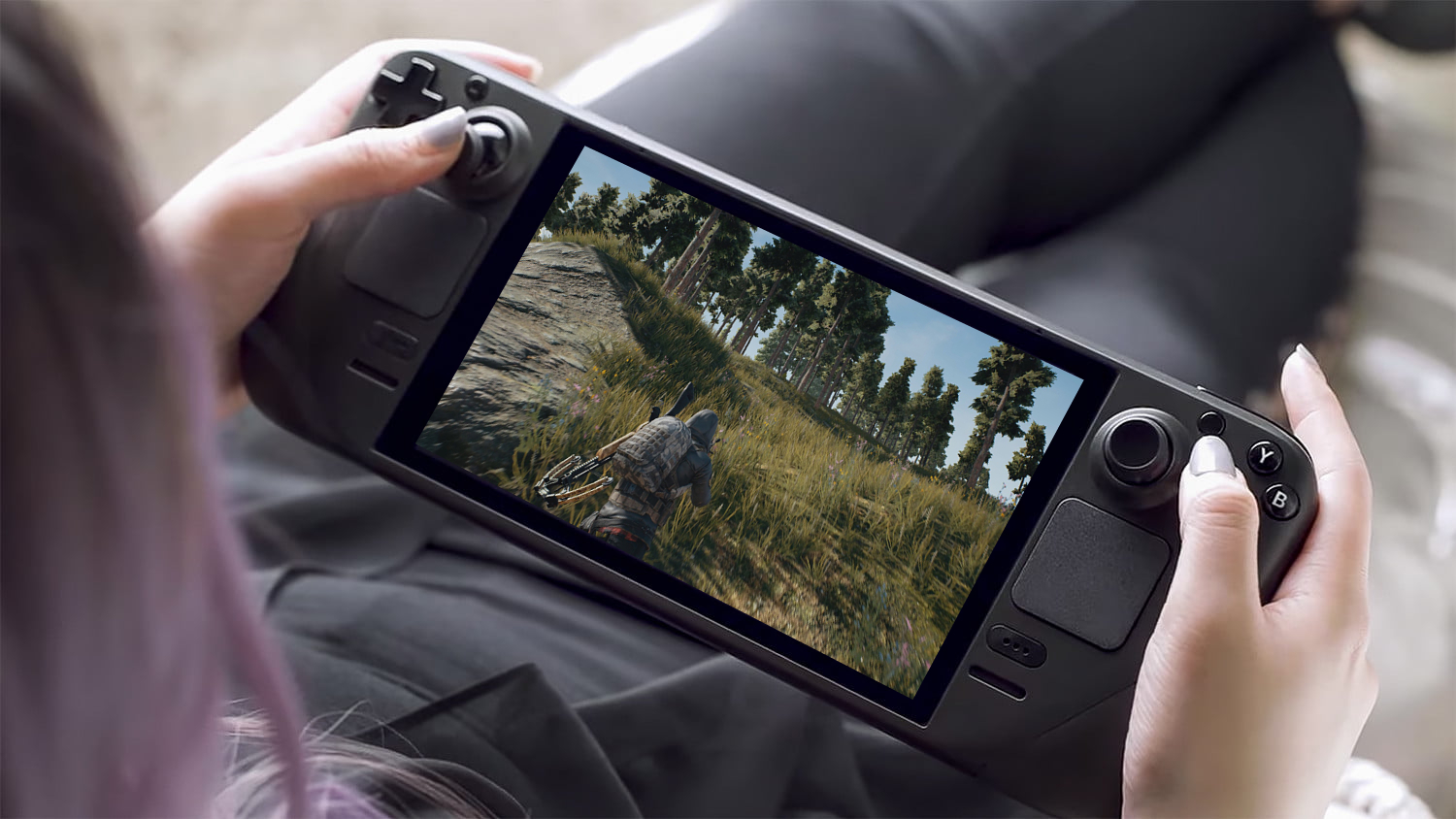When will you actually get your Steam Deck?
Even Valve appears unsure

Since its announcement, the Steam Deck has certainly been a hot topic of discussion, more so than Valve anticipated if current reservations are anything to go by.
Where folk reserved the console were previously getting a three-month window in which to expect delivery of the highly anticipated handheld system, PC Gamer noticed that new reservations for the smaller 64GB and middling 256GB models now simply list 'after Q2 2022' as an order availability estimate.
If you opt for the larger 512GB SSD model then the date is now listed as Q2 2022 at the time of writing rather than the previous 'Q3 2022', though it's worth noting that the dates are listed as expected availability windows rather than a predicted fulfillment date, meaning you might not get your Steam Deck in the timeframe you're expecting.
- We'll show you how to build a PC
- AMD vs Nvidia: who makes the best graphics card?
- Valve claims the Steam Deck can handle any game you throw at it

Steam Deck orders require patience
The broadness of 'after Q2 2022' is vague, but unsurprising. This could just mean that there is some uncertainly regarding orders will be ready for Q3 or Q4 of 2022, and it would make sense that Valve doesn't want to make fulfillment promises it can't keep in the ongoing component shortages, but until we get further confirmation it's better to simply not expect anything for the foreseeable future.
The handheld PC will be utilizing a new AMD APU (Team Red's term for a GPU/CPU combination) that should allegedly see similar performance to Ryzen 3000-series desktop processors and powerful Radeon RX 6000-series graphics, as well as LPDDR5 RAM, a speedy memory type typically used in high-end smartphones like the Samsung Galaxy S20 series.
This is a lot of in-demand tech, and Valve can't just magic these components out of thin air – its supplier TSMC also has to provide chips for other market giants such as AMD CPUs and graphics cards, and consoles like the Sony's PS5 and Microsoft's Xbox Series X/S. In short, there's a long line of other companies already in the queue and Valve will simply have to wait its turn.
Analysis: keep your expectations in check

The ongoing chip shortage isn't going to vanish overnight, so this is something we're going to live with for a while. The high demand for this tech isn't surprising given that even cars and kitchen appliances now sometimes use computing technology so almost every corner of the market is crying out for components.
Get daily insight, inspiration and deals in your inbox
Sign up for breaking news, reviews, opinion, top tech deals, and more.
This does make estimated fulfilment dates difficult to rely on, given the high risk of them being pushed back. While Valve's washy dates may feel frustrating if you're especially excited to get your hands on a Steam Deck, it's absolutely the right approach. Keep things vague and avoid making any promises you can't keep.
The Steam Deck launch isn't too dissimilar to how a crowdfunding campaign operates, and anyone who has helped fund a project on Kickstarter will have likely experienced delays and late shipment dates because the system for these launches is a careful balancing act. If a single manufacturer can't fulfil an order, or a key piece of machinery breaks down then the entire operation needs to be reshuffled and dates need to be pushed.
The alternative is that Valve sticks to a rigid date and risks providing a subpar product due to cutting corners to hit targets. We'd certainly rather wait a little longer and get a great piece of tech rather than a disappointing result.
While we hope that 'after Q2 2022' is sooner rather than later, there's every possibility that some of us won't hold our Steam Deck until much later than that, but that's just the nature of the beast. Valve appears to be a victim of its own success on this, but if you're looking to reserve one for yourself now then be prepared to wait – Valve is as much at the mercy of component shortages and post-Covid working environments as the rest of us.
- Check out the best gaming PCs currently out there
Jess is a former TechRadar Computing writer, where she covered all aspects of Mac and PC hardware, including PC gaming and peripherals. She has been interviewed as an industry expert for the BBC, and while her educational background was in prosthetics and model-making, her true love is in tech and she has built numerous desktop computers over the last 10 years for gaming and content creation. Jess is now a journalist at The Verge.
